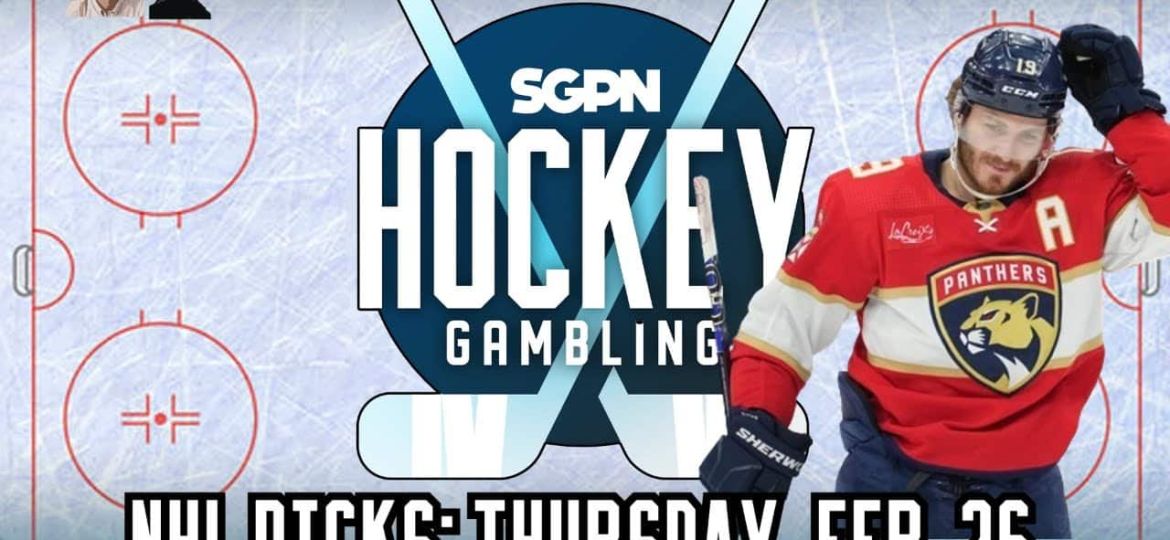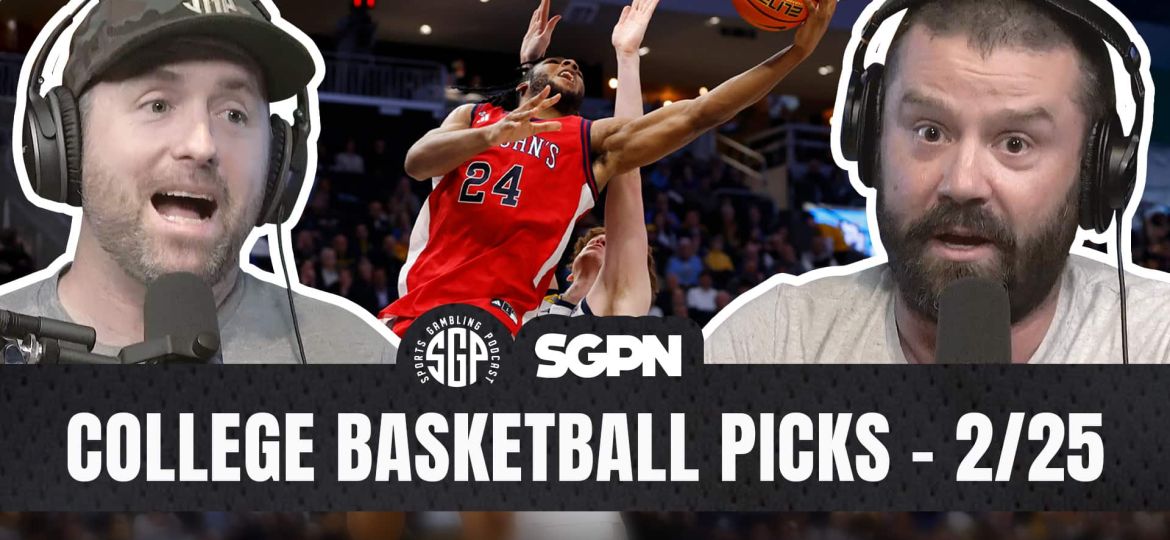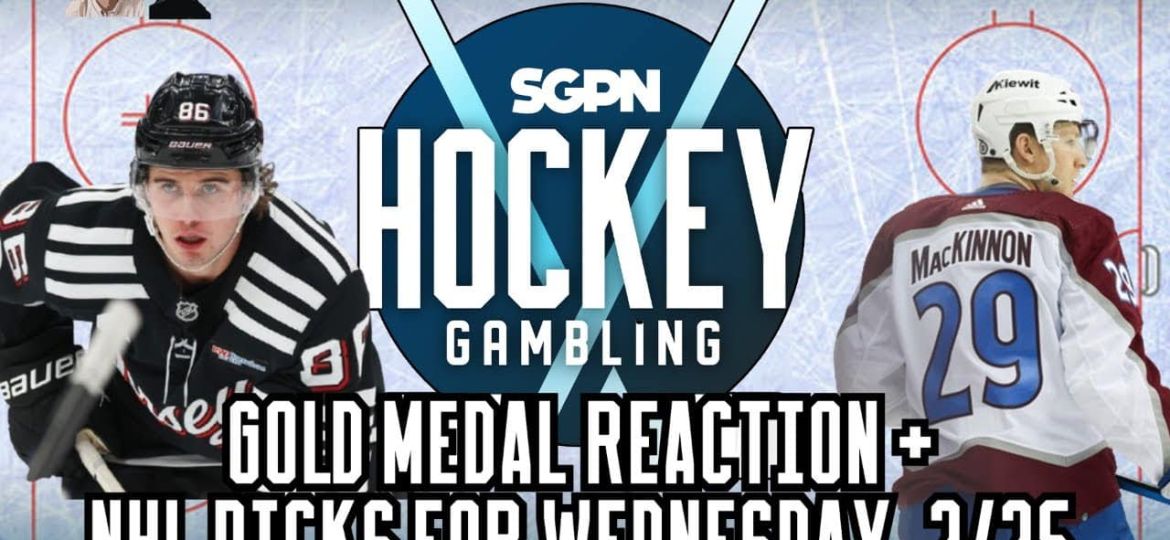 Every week feels the same—and then it doesn’t. Hosts in the sports betting space sit down, coffee in hand, trying to spot which dogs might actually bark. Not just the cute, trendy ones; the ones with real teeth. It isn’t a magic trick. It’s part spreadsheets, part reading the room, and part “I’ve watched this team for years, and something’s off.” When you peek under the hood of how they land on a pick, you’ll usually find a process that looks careful and, honestly, obsessive less fan bias, more pattern-hunting.
Every week feels the same—and then it doesn’t. Hosts in the sports betting space sit down, coffee in hand, trying to spot which dogs might actually bark. Not just the cute, trendy ones; the ones with real teeth. It isn’t a magic trick. It’s part spreadsheets, part reading the room, and part “I’ve watched this team for years, and something’s off.” When you peek under the hood of how they land on a pick, you’ll usually find a process that looks careful and, honestly, obsessive less fan bias, more pattern-hunting.
Good hosts tend to stitch together stats with market tells, injuries with line movement, and public chatter with whatever the sharper pockets seem to think. It’s a mini-scouting department—albeit a scrappy one pulling info from everywhere to find spots where the crowd might be leaning too hard.
Research and Data Analysis Foundation
The week often starts with numbers, but not just the obvious ones. EPA, success rates, pass/run efficiency splits, recent form—especially the stuff hiding between the lines usually get a long look. Sometimes the model spits out a lean; sometimes the model hesitates. That’s normal.
Injuries change everything and then, suddenly, nothing. A quarterback gets downgraded late, or a nickel corner is iffy—quietly huge—and the books may lag for an hour or two. Hosts watch this closely because, despite what it seems, the market doesn’t always price in non-headline players correctly.
Red zone efficiency matters more than folks think. A live underdog that stiffens inside the 20 might be undervalued, while a flashy offense that stalls near the goal line could be getting too much respect. A no limit betting site might post the sharpest numbers on average, but even sharp lines can miss a quirk in situational efficiency. It happens.
Line Movement and Market Analysis
Here’s where experience shows. Not just “where did the line go,” but an understanding of why it budged. If a favorite draws most of the tickets and yet the number drifts toward the dog, that usually whispers that sharper money took a stand. Not proof—just a strong hint.
Reverse line moves get attention for that reason. They’re not gospel, but when 70% of bets back a favorite and the underdog catches a better number, hosts start circling the game. Home underdogs, in particular, have a history that—depending on the era and rules—looks a little friendlier. Adding a sneaky reverse move at home, many hosts will quietly label it a likely “add.”
Value Identification Across Platforms
Price shopping isn’t glamorous, though it wins more arguments than slogans do. Point spreads, alternate lines, contest picks, props—hosts compare all of it. Sometimes a prop is too taxed at a book and oddly fair on a fantasy-style platform. This might be an oversight, or it might be inertia.
Player props are a frequent mismatch zone. When a running back’s matchup screams over, but the traditional market steamed the under earlier in the week, some contest slates don’t catch up. That gap becomes a small edge. Little edges are the whole game.
Market Sentiment and Professional Action
Public-vs-sharp dynamics can be murky, but they’re rarely useless. Hosts scan consensus splits to see when opinion and money diverge. If the crowd loves a road favorite while indicators suggest professionals grabbed the home side, a light goes on. This isn’t certainty, but it’s often enough to justify a deeper dive.
Do pros have better info? Sometimes. Better discipline? Usually. Either way, when sentiment tilts hard one way and respected money leans the other, hosts treat it as a nudge toward the dog. Moreover, customer support is available 24/7, ensuring bettors can resolve issues promptly.
Dynamic Decision Making
Things change midweek—constantly. A hamstring flares up. Weather shifts. A coordinator hints at a rotation tweak during a Thursday presser. Many shows record early and then, sheepishly or proudly, update picks closer to kickoff. That’s not flip-flopping; that’s staying honest with new info.
The whole exercise is a blend—art, numbers, a pinch of vibe. The hosts people trust seem to balance conflicting signals without pretending to know more than they do. They make a call, explain the why, and—when the ground moves—adjust. Not perfect, but that’s the job. Effective security practices, like ensuring encryption protects all personal information, are crucial for maintaining trust and safety in the betting environment.





















